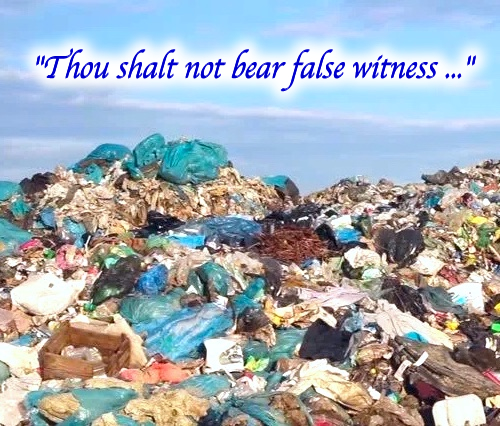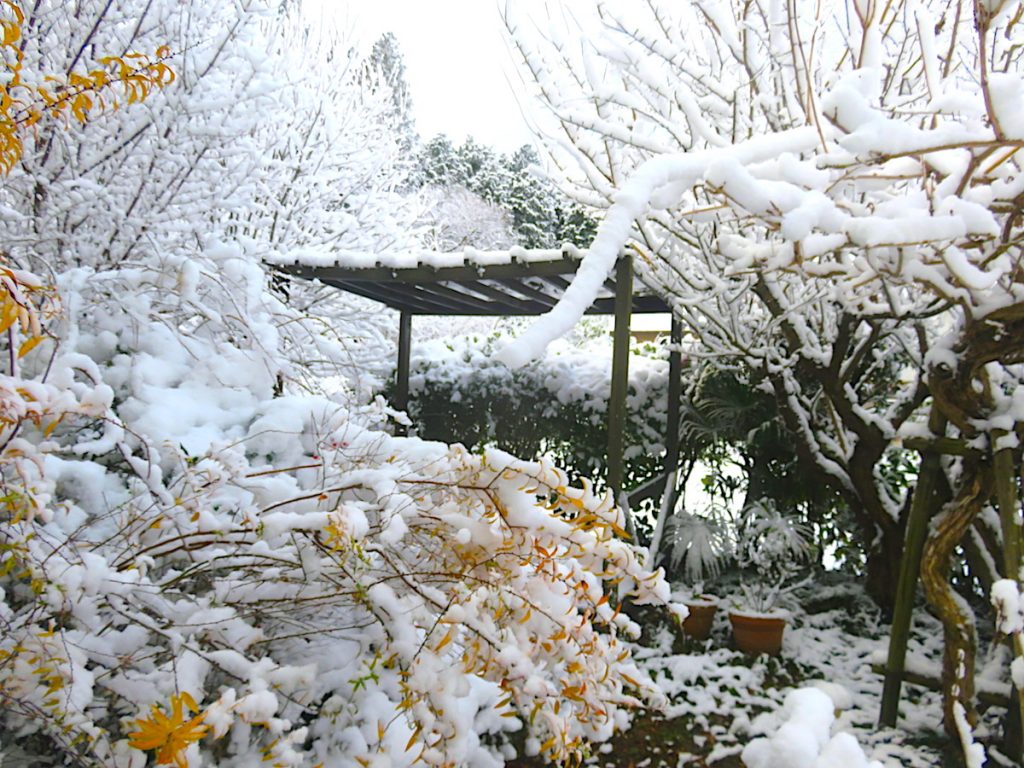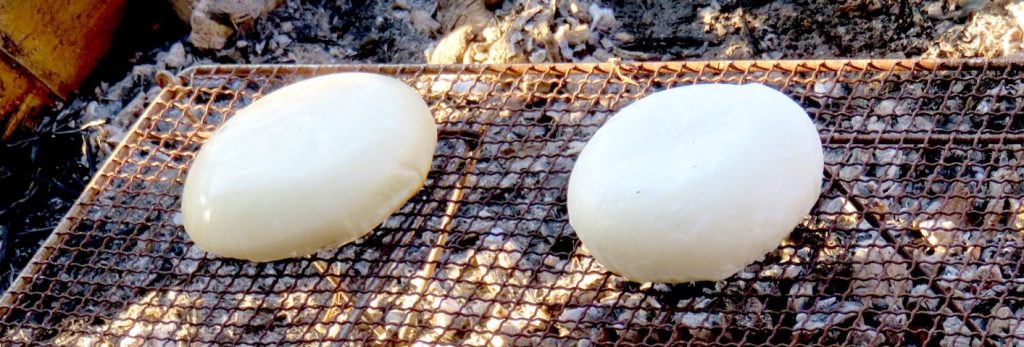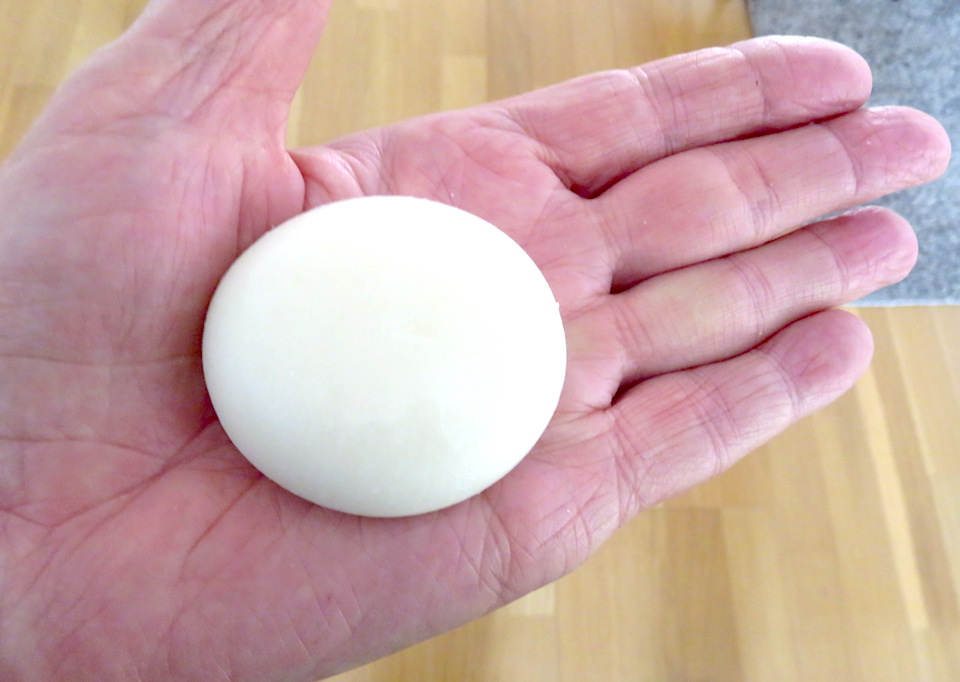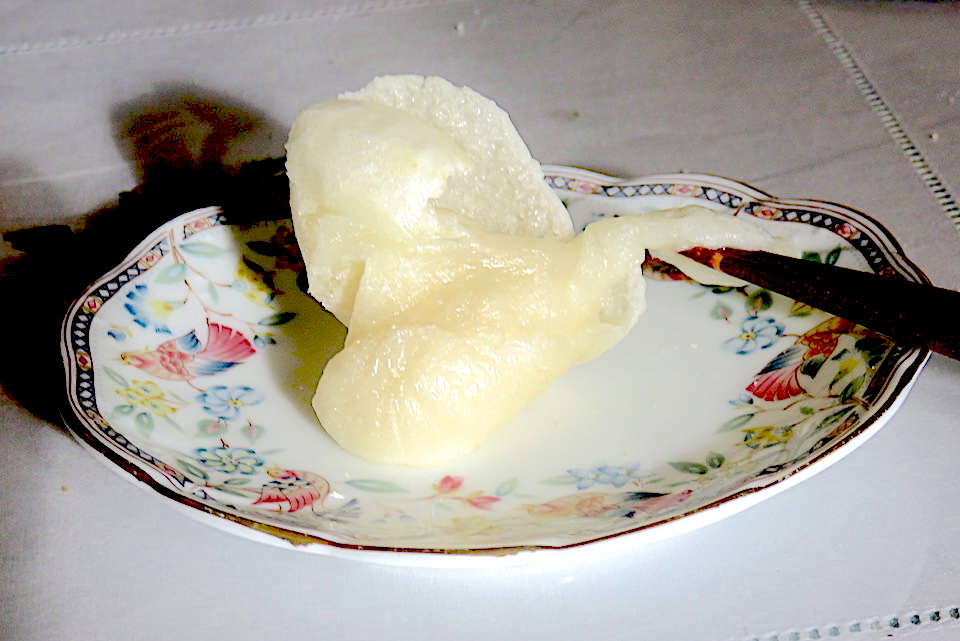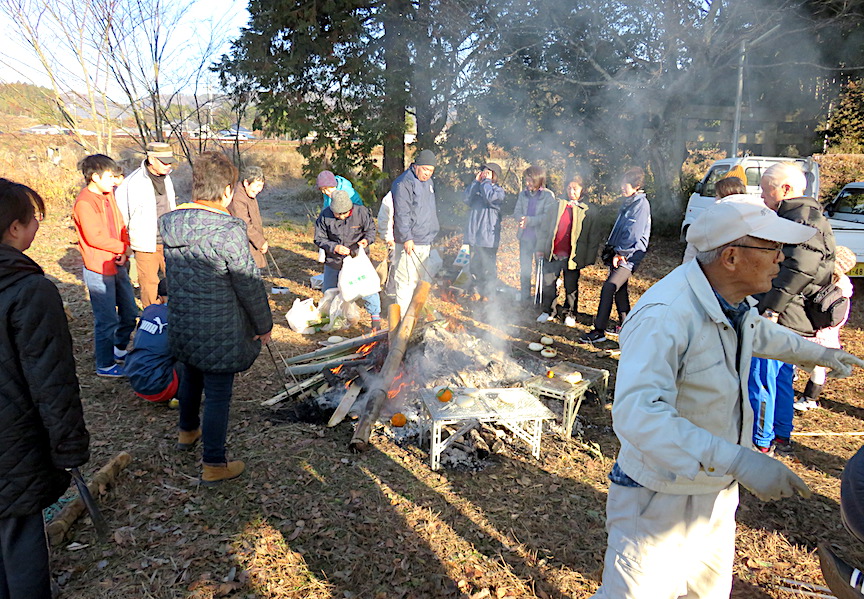Let me throw out some very basic propositions. Please correct me if I’m wrong.
Starting with a question: In a democratic country — government of the people, by the people, for the people — who “owns” the government’s money?
Either money is privately owned (people, companies, corporations, investment banks, etc) or it’s publicly owned.
If through taxes, bonds, borrowing, printing, digital creation, money is deposited in the U.S. Treasury for later disbursement, whose money is it? Who actually OWNS that money before it’s sent on its way to pay the bills?
Yes, Congress has the power and responsibility to decide where the money goes. The President has some discretion about spending money, as long as such disbursements are “legal”, that is, authorized by laws which specify the allocation of said monies and they are not in violation of the Constitution.
But Joe Biden doesn’t own it. Neither does Nancy Pelosi or Mitch McConnell or Chuck Schumer. It’s not their money.
Make no mistake about it, our leaders act as if it’s theirs. I mean this in both senses. Sometimes out of some misplaced sense of entitlement and sheer arrogance, these folks do act like the trillions that pass through the U.S. Treasury is their personal slush fund to do as they see fit.
The other is the strictly legal sense. In specific legal terms, government officials, regardless of how highly placed, are only empowered to act as trustees, to direct the disbursement of those funds, with the general understanding that such spending ultimately serves to “promote the general welfare” and to enable the functioning of the government, all of the foregoing ON BEHALF OF THE CITIZENRY.
In neither case, however, is the money actually theirs. As when we deposit money in a bank, the bank may have physical possession of it — whatever that means in a world of digital transactions and bookkeeping — but it’s still our money.
So who owns the money the government at any given time has in its coffers?
We could ask a similar question about public property and infrastructure. This might offer some guidance. Who owns the interstate highway system? Who owns the roads, ramps, bridges?
Yes, the obvious answer is the government. But as a democracy, as active participants in a system of self-government, aren’t WE the government?
I think there’s a basic but valid and useful understanding which we can insist on here.
Acknowledging that some have asserted via The Act of 1871 there has been a corporate framework, a legal entity — a legalistic sham — set up to accommodate the necessity of our federal government machinery having status and standing in the vast economic environs which we call domestically the national economy, which then participates in the vaster economic environment known as the world economy, I still think the best understanding of “ownership” when it comes to the commons is that WE THE PEOPLE collectively own the physical and financial assets of the United States of America. The CITIZENS. Not those charged with representing the needs, wants and priorities of the citizens, not those doing what needs to be done to realize in real terms what we democratically decide needs to be done — i.e. the Pelosis, McConnells, and Bidens in positions of power. It is WE THE PEOPLE who confer to them the power to act on our behalf, to protect, develop, expand those assets, ON BEHALF OF THE PEOPLE, serving our interests individually and collectively. That assignment of power is not without conditions; assumes transparency and full accountability; is not permanent in the sense that officials of government are not permanent fixtures (bureaucrats tend to be more enduring but certainly elected officials have fixed terms of service); can be withdrawn or withheld, though admittedly this is a cumbersome process; is not unlimited but reflects constitutional as well as statutory limitations, and whatever limits WE THE PEOPLE decide to impose.
It is WE THE PEOPLE who have original and overriding control — ownership? — of what passes through the Treasury and where that money goes. After all, it is OUR tax dollars which are collected and pooled to fund the government, it is in OUR name that bonds are floated and it is us who are directly obligated to repay at some future time the money borrowed to fund the government. It seems reasonable to conclude that until that money is disbursed for whatever reason and is on its way to creditors or the states or government contractors or paid as salaried to federal employees or sent to anyone who has a legitimate claim for payment, the money which is in the vaults and accounts of OUR government is OURS.
In an important sense, that money is collectivized, is subject to joint and collective ownership, before it is collected, as it’s collected, when it’s collected and finally sitting in the bank.
This applies to infrastructure and physical assets as well. Granted, we individually have no right to claim a chunk of asphalt from an interstate highway or one of the fingers from the statue of Abraham Lincoln overlooking the Capitol Mall. We collectively own such items and consent to leave it in trust so that we collectively can enjoy our common property, whatever its agreed purpose.
Why would we look at the hard cold cash inside the Treasury vaults or Fort Knox any differently?
On occasion we do, but we merely hint at the idea that it’s “our money”. Usually as submissive supplicants, grateful for some token generosity by our elected officials. For example, with the lockdowns, shutdowns, and shutouts incurred by the overreaction to the Covid-19 “pandemic”, it was decided by THOSE WE SENT TO WASHINGTON DC TO REPRESENT OUR INTERESTS — not by them as kings or princesses or queens or Führers — that we would get some Covid-19 relief checks. They were paltry but an example of WE THE PEOPLE benefitting individually as citizens, members of the collective whole, by having some of OUR MONEY SENT BACK TO US from the pool of collectively-owned money in the Treasury, in order to help us through the crisis.
What is my point?
Citizens cower before the federal government. Yes, it’s an awesome and frightening institution. It is massive in size and an imposing, all-encompassing presence in every aspect of our lives. And around the world. The overwhelming temptation is to see it 1) as some frightening, unapproachable, all-powerful, omnipotent behemoth, and 2) as an adversary, a separate entity, a force to be reckoned with.
It is not necessarily either. It’s only humbling, intimidating, incapacitating, oppressive, tyrannical, if we view it that way. To consider our government, at least within the theoretical framework of even our highly-compromised democracy, as “them” and we citizens as “us” is a self-fulfilling, self-sabotaging prophecy and a guarantee that those we do assign stewardship of our public affairs to, most certainly WILL misuse their power, WILL abuse us, WILL act like they “own it”, and DO A LOT OF THINGS which are contrary to our interests, if not ultimately destructive to the historic promise made to the world with the founding of our experiment in “self-rule”.
Does this sound like I’m talking some abstract principle? The stuff of academic or high-sounding rhetoric but not of the real world?
In practice, the impact of ignoring this idea is far from abstract. There are many very severe real world consequences.
Our timidity and imagined powerlessness has created the monster the federal government has become. Our accepting the false narrative of a two-party system has all but destroyed democracy. Our letting our leaders feed us lies without retribution, in fact our REWARDING our leaders for misleading and abusing us, is putting nails in our own coffins. Our letting the DOD use us as an ATM machine for endless wars and shopping sprees is bankrupting the country. Our sitting by idly while the Fed prints trillions of dollars and feeds it directly into accounts of the already appallingly rich, our accepting and swallowing the idiotic fairy tales of Make America Great Again and Build Back Better when these phony grand visions are just more vehicles for the strip mining of our economy and the destruction of the middle class, is immersing us in crippling delusions and willful ignorance. Our electing officials who enable and incentivize the ruin of our industrial and manufacturing base, and subsidize the export of good jobs is hiring criminals to rob us. Our willful ignorance about the havoc the U.S. wreaks around the world, creating the immigrant crisis we now face is poisoning us with racist nonsense and blinding us to the class war being waged on us. These and many more habits of laziness, cowardice, and neglect are coming home to roost. The mess we see ourselves in right now with the meltdown of the economy, the health crises (and there are many more beyond Covid-19), and the coming major conflicts with Russia and China, are just previews of coming attractions. This is not going to end well for ‘we the people’.
It’s our money.
It’s our country.
We better start acting like it.
